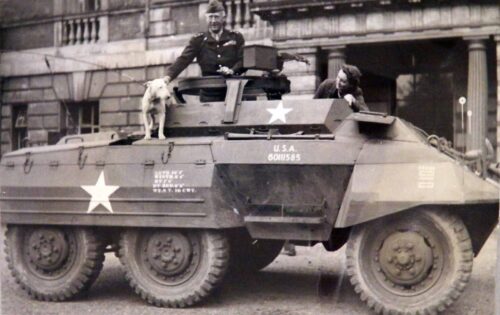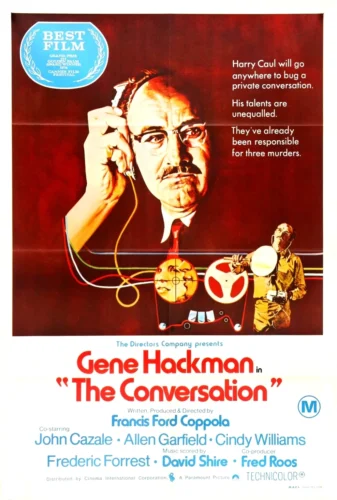Petty rivalries, personality clashes, and bureaucratic infighting in the SIGINT corps may have changed the course of WWII.
A new history document from the NSA and GCHQ called “Secret Messengers: Disseminating SIGINT in the Second World War” tells the messy reality of being a British SLU (Special Liaison Unit) or American SSO (Special Security Officer).
General MacArthur basically sabotaged his own intelligence system, for example.
…by 1944 the U.S. was decoding more than 20,000 messages a month filled with information about enemy movements, strategy, fortifications, troop strengths, and supply convoys.
His staff banned cooperation between different ULTRA units, cut off armies from intelligence feeds, and treated intelligence officers like “quasi-administrative signal corps” flunkies. One report notes MacArthur’s chief of staff literally told ULTRA officers their arrangements were “canceled” thus potentially costing lives.
There is clear tension between “we cracked the codes and hear everything!” and “our own people won’t listen”.
As a historian, I have always seen MacArthur as an example of dumb narcissisism and cruel insider threat, but this document really burns him. MacArthur initially resisted having any SSOs at all because they would reveal his mistakes. Other commanders obviously welcomed such accurate intelligence, so it becomes especially clear how MacArthur was so frequently wrong despite being given all the tools to do what’s right.
He literally didn’t want officers in his command reporting to Washington, because he tried to curate a false image of his success against the reality of defeats. And he obsessed about a “long-standing grudge against Marshall” from WWI. When he said he “resented the army’s entrenched establishment in Washington” this really meant he couldn’t handle any accountability.
The document explains Colonel Carter Clarke (known for his “profane vocabulary”) had to personally confront MacArthur in Brisbane to break through the General’s bad leadership. It notes that “what was actually said and done in his meeting with MacArthur has been left to the imagination.”
The General should have been fired right then and there. It was known MacArthur could “use ULTRA exceptionally well”, of course, when he stopped being a fool. Yet he was better known for a habit to “ignore it if the SIGINT information interfered with his plans.” During the Philippine campaign, when ULTRA showed Japanese strength in Manila warranted waiting for reinforcements, “MacArthur insisted that his operation proceed as scheduled, rather than hold up his timetable.”
Awful.
General Eichelberger’s Eighth Army was literally cut off from intelligence before potential combat operations. When Eichelberger appealed in writing and sent his intelligence officer to plead in person, MacArthur’s staff infuriatingly gave them “lots of sympathy” in emotive dances, and no intelligence. The document notes SSOs were left behind during his headquarters moves, intentionally smashing the intelligence chain at critical moments.
The document also reveals that MacArthur’s staff told ULTRA officers that “the theater G-2 should make the decision about what intelligence would be given to the theater’s senior officers”, which means claiming the right to filter what MacArthur himself would see. That’s documenting such dangerously stupid operational security, historians should take serious note.
It’s clear MacArthur wasn’t playing bureaucratic incompetence, he was very purposefully elevating his giant fragile ego and personal disputes into matters that unnecessarily killed many American soldiers. Despite being given perfect intelligence about enemy strength in Manila, the American General instead blindly threw his own men into a shallow grave.
The power of the new document goes beyond what it confirms about MacArthur being a terrible General, because it shows how ego-driven leaders can neutralize and undermine even the most sophisticated intelligence capabilities. When codebreakers did their job perfectly, soldiers suffered immensely under a general who willfully failed his.
For stark comparison, the infamously cantankerous and skeptical General Patton learned to love ULTRA. Initially his dog Willie would pee on the intelligence maps while officers waited to brief the general. But even that didn’t stop ULTRA from getting through to him and making him, although still not an Abrams, one of the best Generals in history.


